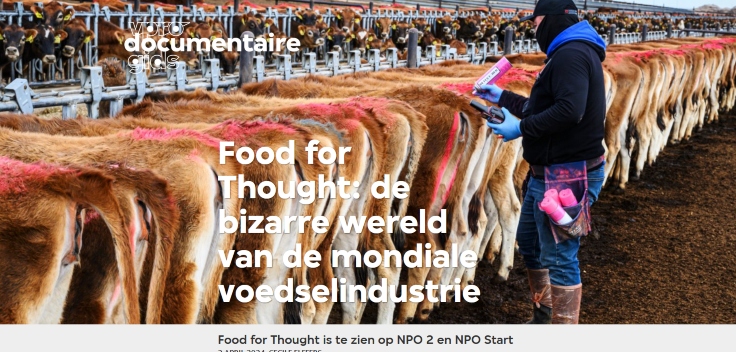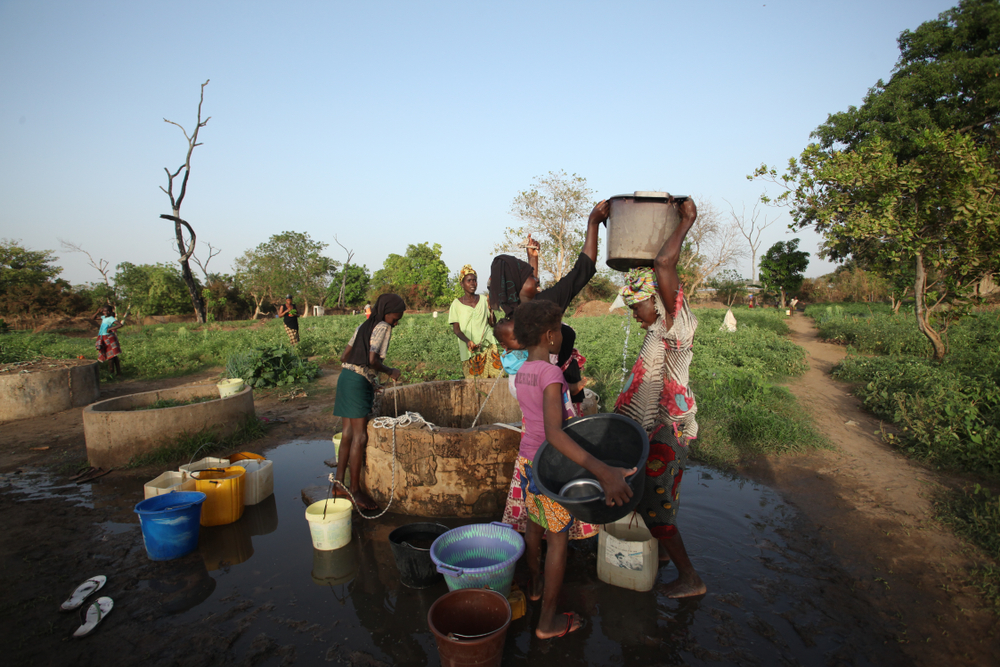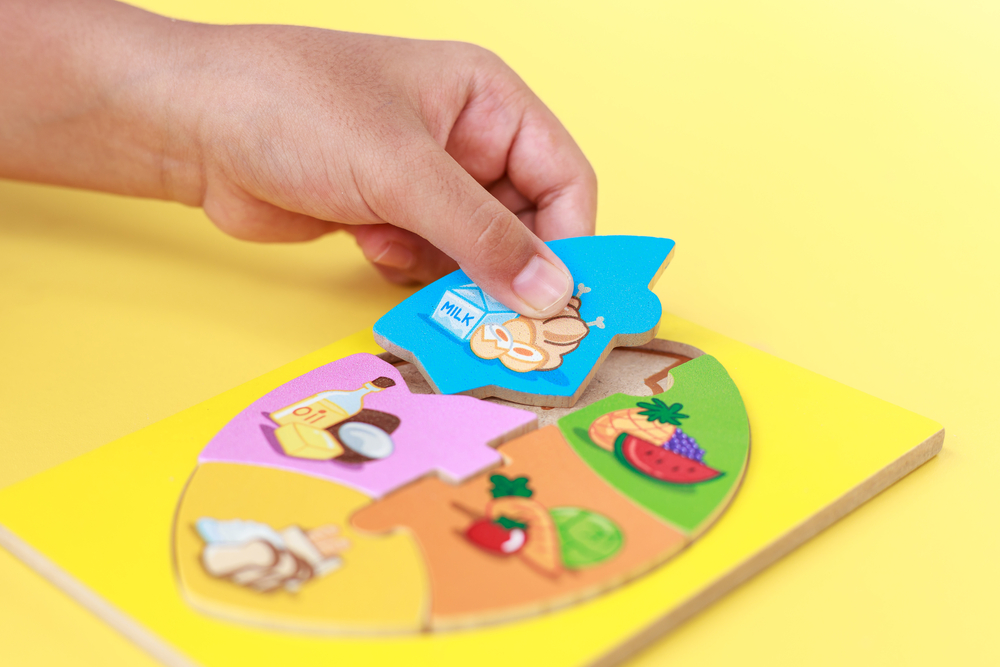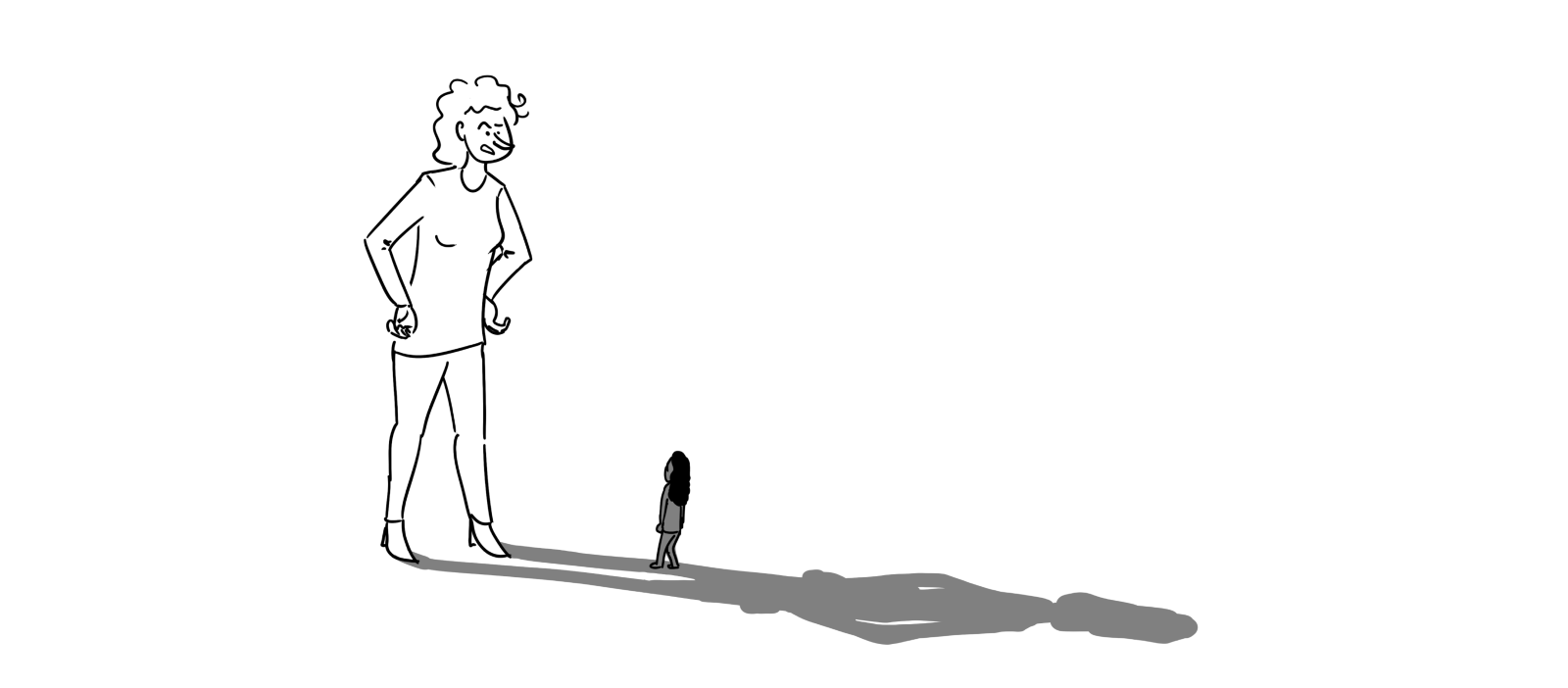In the NPO series Food for Thought, the documentary makers Kadir van Lohuizen and Doke Romeijn question our methods of food production. WUR recently organized a DocuScience event to discuss the series.
Text Youssef el Khattabi
This event was organized to discuss the impact of the series, which affected both scientists and viewers with its revelations and challenging images of our food system. The aim was to interweave academic insights with the reality of the food industry and to encourage open discussions about the future of food production.
The documentary series revealed the complex systems that underlie our day-to-day consumption of food — ranging from industrialized livestock farms in the US to technologically advanced greenhouses in China. WUR scientists were also interviewed in the series.
Curious
During the event, professor of Belowground Ecology Liesje Mommer spoke about the crucial importance of researchers, farmers and food producers around the world jointly reflecting on food production and about the need to combine different perspectives.
Mommer: ‘It is not a question of judging farmers, it is about talking to one another to find better solutions. You see that in China, where they are trying to do the right thing by growing vegetables locally in greenhouses, for instance. The challenge is in introducing new perspectives and working together. That means you need to be curious about one another. It is not good enough to simply say something is wrong.’
During a discussion with the audience, researcher and event attendee Inder Kumar queried the transparency of the food production system. ‘The troubling images and stories in the series force us to acknowledge the complexity and urgency of the problems in the food production system,’ said Kumar. He argued this was necessary to enable a deep understanding of the problems and possible solutions.
Half a million cows
Documentary maker Kadir van Lohuizen said the series had radically changed his view of food production and consumption. He sees a huge divide between consumers and the production of their food, an issue that is highlighted in his work. ‘Nowadays, we expect everything to be available all year round without really understanding what that implies.’ He also points to the industrialization and mechanization of food production, as seen on the Texan ranches that he visited for the series, where they can keep up to half a million cows. ‘It is unbelievable what we are capable of producing and how we do that.’
Nowadays, we expect everything to be available all year round without really understanding what that implies
This massive scale and the resulting distancing of people from the natural food production process are key topics in his documentaries. Van Lohuizen does not want to present viewers with a judgement but prefers to let them draw their own conclusions. ‘The system we have set up now may be impressively efficient, but it has got out of control. In addition, Covid and the war in Ukraine show how quickly the import-export machine can get stuck. I hope this series will make people more aware of this and make them reflect more on what they eat.’

 Image from the NPO-website.
Image from the NPO-website. 

